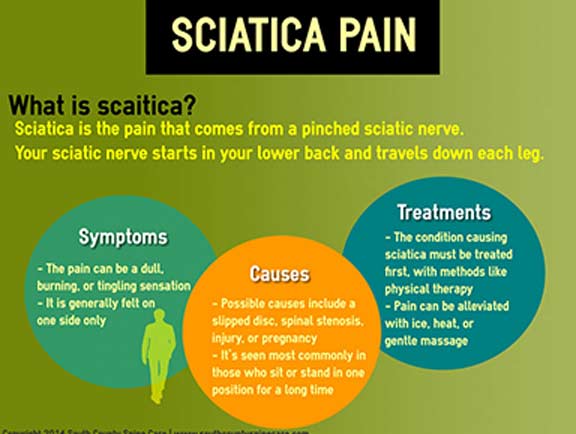Nutrition'S Influence On Neck And Back Pain Alleviation: Dietary Choices To Welcome And Those To Steer Clear Of
Nutrition'S Influence On Neck And Back Pain Alleviation: Dietary Choices To Welcome And Those To Steer Clear Of
Blog Article
Writer-Duus Camp
When it concerns handling your pain in the back, the food selections you make can dramatically impact exactly how you feel daily. Imagine being able to ease your discomfort just by changing what you consume. By comprehending the role of nourishment in neck and back pain administration and knowing which foods to include or avoid, you can take aggressive steps towards a much healthier and extra comfortable way of life. The link between nourishment and back health is more extensive than you may realize-- let's explore exactly how specific foods can either soothe or exacerbate your neck and back pain.
Value of Nourishment in Back Pain
Nutrition plays a crucial role in managing pain in the back. Your diet plan can substantially impact swelling levels and overall discomfort degrees in your back. Consuming a well balanced diet regimen abundant in nutrients like vitamins D and K, calcium, magnesium, and omega-3 fatty acids can help reduce swelling and reinforce bones, which are necessary for back health and wellness.
In addition, keeping a healthy and balanced weight via proper nutrition can reduce stress and anxiety on your back, decreasing the risk of back pain.
Additionally, specific nutrients like antioxidants located in vegetables and fruits can help deal with oxidative stress and anxiety and promote healing in the body, consisting of the back muscles and spine.
On the other hand, eating extreme quantities of refined foods, sugary drinks, and unhealthy fats can add to swelling and weight gain, worsening pain in the back.
Foods to Consume for Back Health
To sustain a healthy and balanced back, incorporating nutrient-rich foods right into your everyday dishes is crucial. Including foods high in anti-oxidants like berries, spinach, and kale can help in reducing swelling in your back, easing discomfort and discomfort. Omega-3 fats discovered in fatty fish such as salmon and mackerel have anti-inflammatory homes that can profit your back health.
Additionally, eating nuts and seeds like almonds, walnuts, and chia seeds supplies essential nutrients like magnesium and vitamin E, which support muscle function and minimize oxidative anxiety. Integrating lean healthy proteins such as poultry, turkey, and tofu can aid in muscle repair work and maintenance, promoting a solid back.
look at this web-site fail to remember to include dairy or strengthened plant-based options for calcium to support bone health. Lastly, hydrate with lots of water to keep your spinal discs moisturized and operating optimally. By consisting of these nutrient-dense foods in your diet plan, you can nurture your back and support total back health.
Foods to Prevent for Pain In The Back
Go with avoiding refined foods high in added sugars and trans fats when seeking relief from back pain. These sorts of foods can contribute to swelling in the body, which might worsen neck and back pain. Say no to sugary snacks sweet, breads, and sugary beverages, along with convenience food items like burgers, french fries, and fried poultry that are often packed with trans fats.
In addition, steer clear of foods having high levels of polished carbohydrates, such as white bread, pasta, and breads, as they can increase blood sugar degrees and potentially intensify swelling in the body.
It's also wise to limit your consumption of foods high in saturated fats, like red meat and full-fat milk products, as they can add to swelling. Refined foods like deli meats, chips, and packaged snacks are usually high in hydrogenated fats and should be consumed in small amounts.
Conclusion
Finally, taking note of your diet plan and making clever food options can have a substantial influence on handling neck and back pain. By including nutrient-rich foods like berries, fatty fish, nuts, and lean healthy proteins, and avoiding processed and sugary items, you can help reduce inflammation and support generally back health and wellness. Keep in mind, what you eat plays an important function in how you feel, so make sure to prioritize your nourishment for a healthier back.
